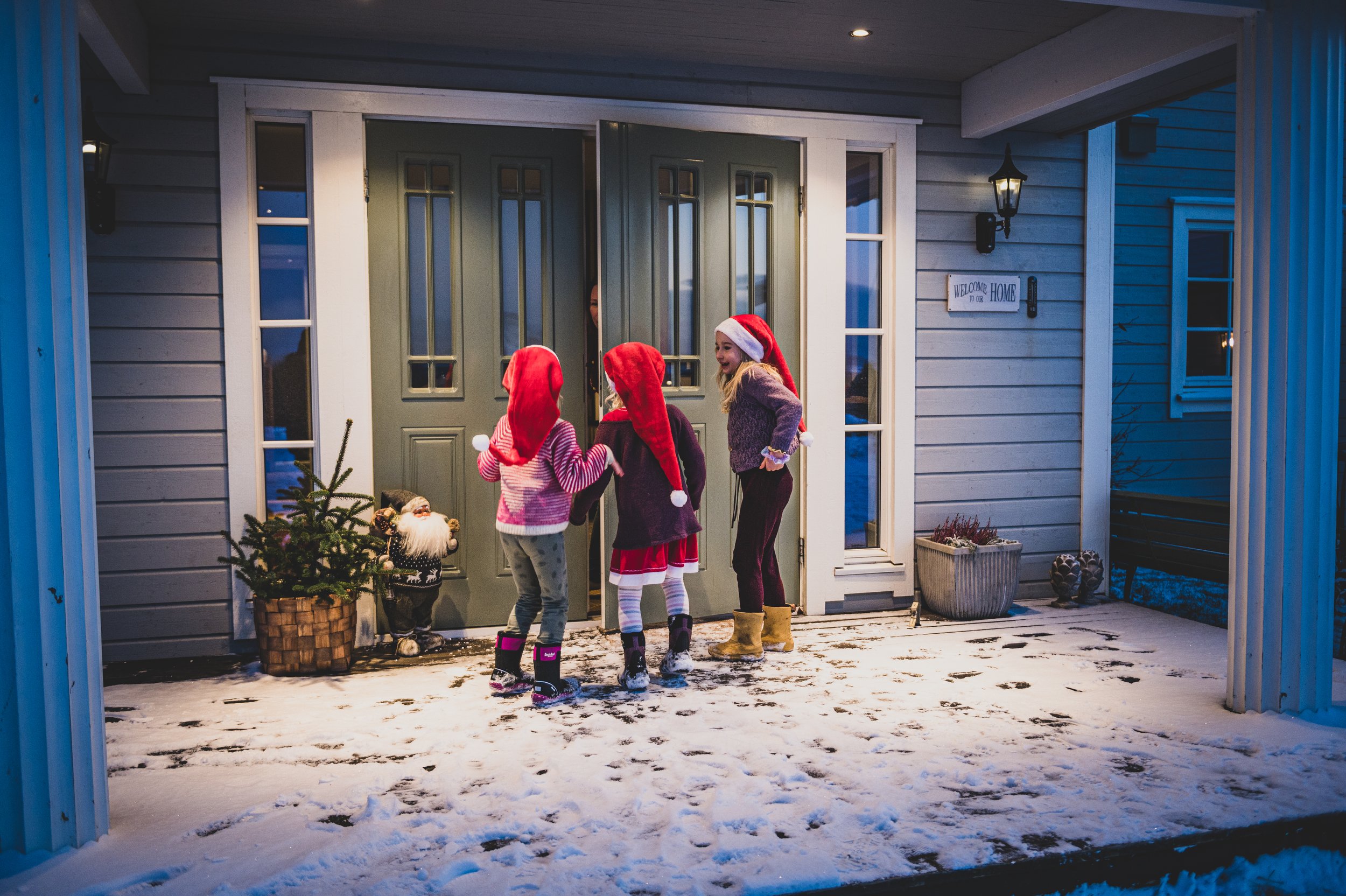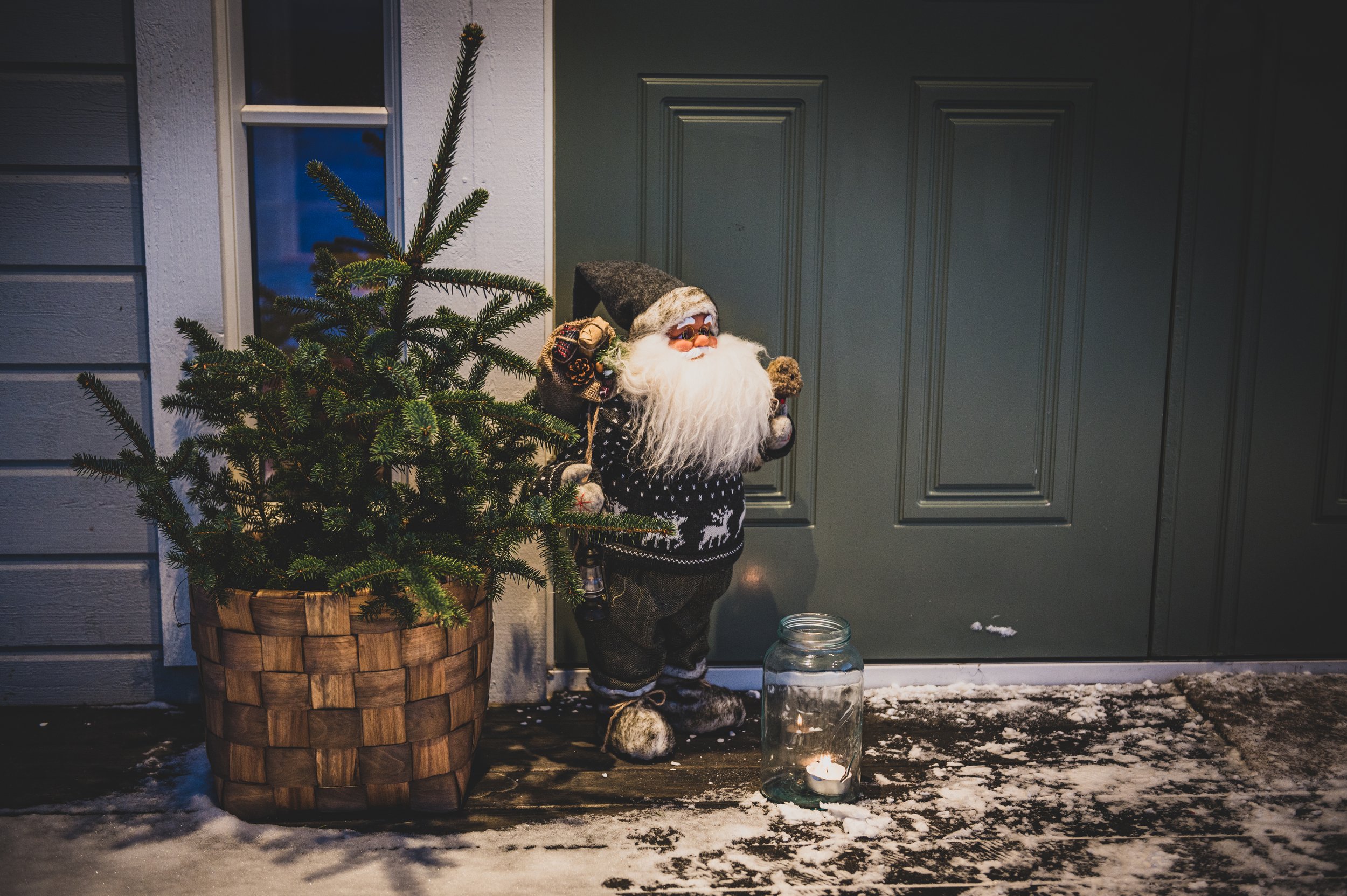Julebukk in Norway: Christmas-themed version of trick-or-treating
The days between Christmas and New Year's Day, Norwegians dress up in costumes and go door-to-door to sing and perform for friends, neighbors, and family in exchange for food and drinks. A Christmas-themed version of trick-or-treating – this is a centuries-old special tradition called Julebukk.
The idea behind the Julebukk is the Christmas goat and it is a central figure in the tradition – participants often dress up as goats, trolls, or other mythical creatures to sing and perform for their audiences.
The origins of Julebukk can be traced back to pre-Christian times, when goats were associated with the Norse god Thor and were thought to have magical powers. The tradition was also a way to celebrate the winter solstice and a way to engage and wish good luck and happiness to the community.
Today, the Julebukk tradition is still popular in Norway, and many families and communities participate in the practice during the Christmas season. The performances typically involve singing, dancing, and storytelling, and often include traditional Christmas songs and folktales. The Julebukk costumes can be elaborate and creative, with participants dressing up in goat masks, horns, and other goat-like attire.
In addition to being a different, fun, and festive activity, the Julebukk tradition is also an important cultural and social event in Norway. It brings people together and helps to strengthen community bonds, and it also helps to preserve and celebrate the country's rich cultural heritage. The Julebukk is a beloved and enduring symbol of the Christmas season in Norway, and it continues to bring joy and happiness to people of all ages.




